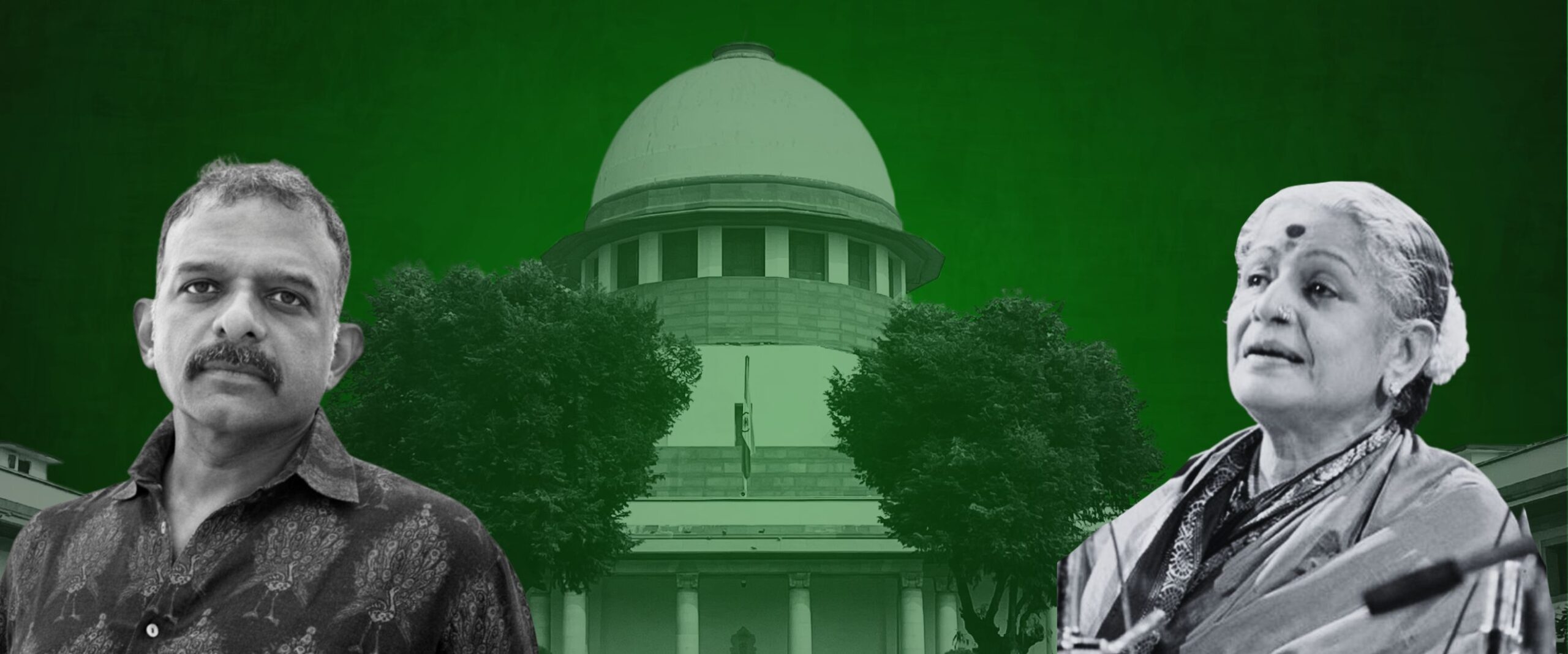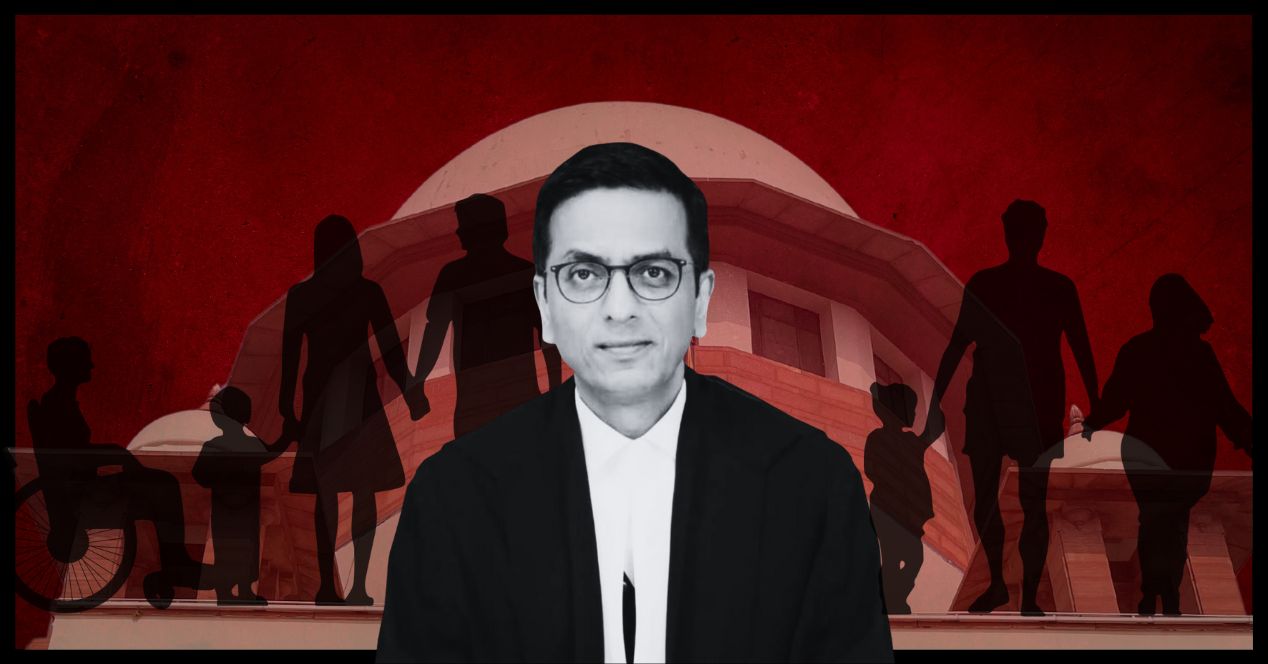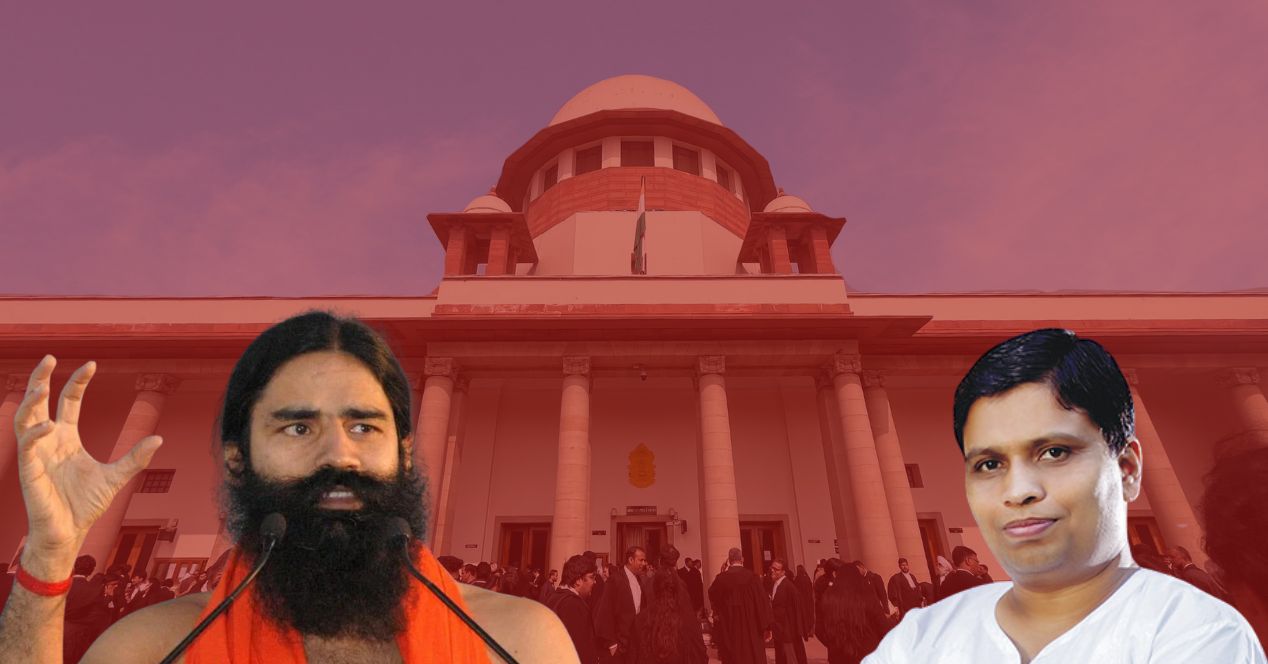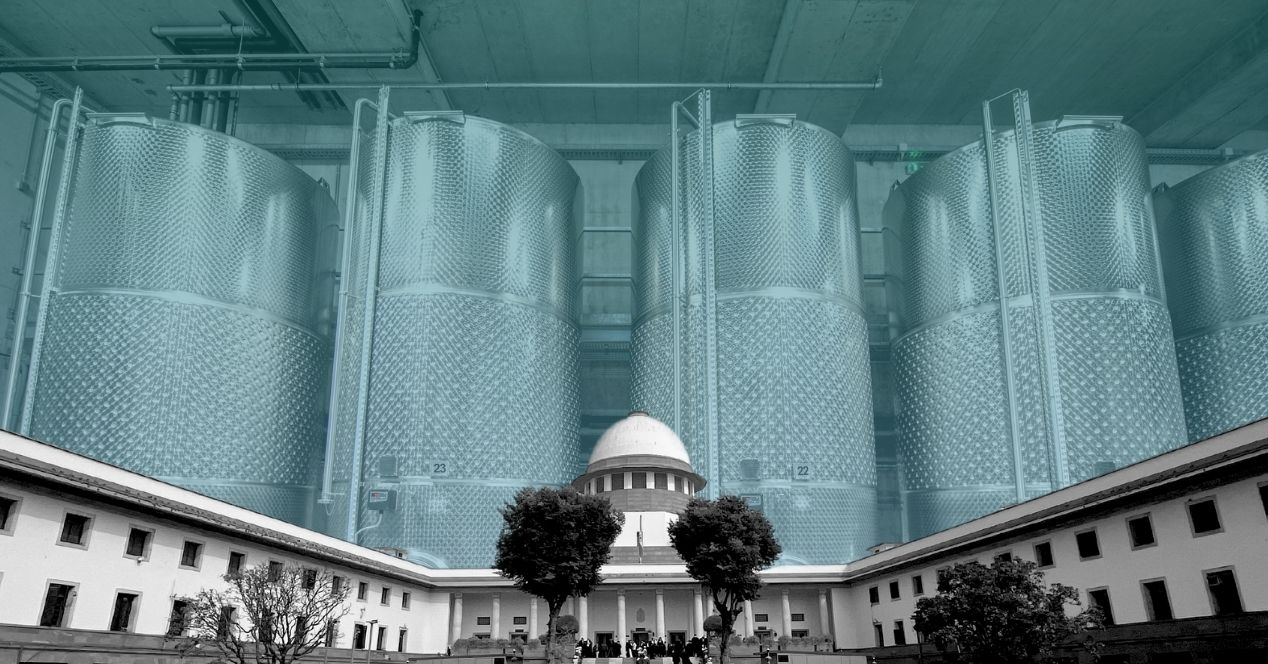Analysis
Did the Supreme Court miss a beat in M.S. Subbulakshmi award row?
The Court overruled a Madras High Court division bench order recognising T.M. Krishna as the recipient of a Carnatic music award

On 16 December, the Supreme Court was faced with a unique case: it was called upon to injunct the Music Academy, Chennai, and The Hindu newspaper from conferring an award named the Sangit Kalanidhi M.S. Subbulakshmi Award to Carnatic musician T.M. Krishna.
This prayer would have been seemingly infructuous since the award was conferred on him the day before (15 December), but the Court moulded relief in favour of the petitioner and directed that Krishna cannot be recognised as the recipient of the said award. It further said that Krishna cannot project himself as the recipient of the award in the interim. While doing so, the Court was careful to clarify that the order in no way casts aspersions on the credibility and the stature of Krishna, The Hindu and the Academy.
The case involves some interesting questions of civil law, for which it is important to highlight the background of the dispute. The Academy has been conferring the Sangit Kalanidhi Award since 1942, and also awarded it to the legendary singer M.S. Subbulakshmi (MSS) in 1968. Upon her death in 2004, The Hindu instituted a mirror award named ‘Sangit Kalanidhi M.S. Subbulakshmi Award’ which has been bestowed to artists each year since then.
In March 2024, The Hindu announced that the award would be given on 15 December to Krishna. V. Shrinivasan, one of the grandchildren of MSS, filed a suit in the Madras High Court to restrain the newspaper from bestowing the award on Krishna or anyone else henceforth. On 19 November, a single judge of the High Court issued an interim injunction in favour of Shrinivasan. This was set aside by a Division Bench on 13 December. Shrinivasan quickly challenged this decision in the Supreme Court but could not get the petition heard until a day after the award had been bestowed on Krishna.
Where there’s a will
The entire basis of Shrinivasan’s case is a will dated 3 October 1997, where MSS had expressed a desire that after her demise, no trust, foundation or memorial of any kind, including statutes or busts, shall be formed or created in her name and memory since she did not consider it as “conducive to our culture”. On a plain reading, this appears as a desire expressed for her legal heirs to desist from creating any such entity or memorial, because a will is an expression of intent on how a person’s property should be dealt with after demise.
Further, the reference to ‘memorial’ in her will appears to be referring to a physical tangible memorial as it is qualified by “including erecting of any statue or bust”. The second limb of the petitioner’s challenge is that Krishna had written articles critiquing the legacy of MSS and had questioned her art—which the petitioner found to be in bad taste—and thus is of the view that the award in her name should not be bestowed upon him.
The primary questions to be determined in any civil suit for injunction are: in favour of which party does the balance of convenience lie, and if injunction is not granted, would a party suffer a legal injury.
The will dates back to 1997, and MSS died in 2004. Thereafter, the executor of her will got it probated (validation of the will through a process in Court) in 2006. The award in her name was instituted in 2005 and has been bestowed each year since then without any objection from any legal heir of MSS or the executor of her will. In fact, there are numerous other awards in her name being bestowed since 2004. The petitioner’s defence here is that he was unaware of her wishes till just before he filed the suit, having not known of the content of the will of 1997. This appears a little dubious and the petitioner, as one of the legatees in the will, received a bequest of Rs. 10,000 under it.
Also, it is not his case that he was not aware of the existence of the will—only its express contents. Ideally, this would have worked against him as law helps the vigilant, and his suit has been filed 19 years after The Hindu instituted the award. The Court needs to eventually consider whether he is estopped from claiming a legal right now, especially as it is not a representative suit for the benefit of all of MSS’ legal heirs. The balance of convenience is in favour of The Hindu, which has been bestowing the award without challenge since 2005.
No award for a critic?
Even if this issue is decided against him, the second issue would remain whether the award can be bestowed upon someone who has in the past been a critic of MSS and her legacy. For this, the burden of proving a legal injury would weigh heavily against the petitioner. Once it is established that The Hindu has a right to grant the award, then can a third party stop it from granting it to any artist of its choice and thus interfere with its legal right?
These questions appeared to have weighed on the mind of the Division Bench when it held the balance of convenience lies in favour of The Hindu and vacated the interim injunction. Proceedings under the Code of Civil Procedure are bound within these parameters and equity does not hold great weight when legal rights inter se parties are to be decided. The Supreme Court, however, retrospectively restored the High Court single judge’s interim relief in its own interim order. The Court has powers to issue such directions under Article 142 of the Constitution, so the interim order is not bad in law by itself.
Having said that, an aspect which has gone unnoticed by the Court is the basis of the wish expressed in the will. Any attempt to protect MSS from critique or criticism may in fact be contrary to her own wishes. Her declaration in the will conveys an attempt to escape celebrity in death and assert her humanity. So the question is whether the suit itself can be considered an attempt to create or protect an intangible memorial? A legal heir may have a right to the estate of MSS but can he dictate how she is remembered and commemorated by the world at large?
Eventually, trial will decide all such legal issues but even at an interim stage, this case gives rise to unusual questions of law and equity. It remains to be seen which way the Supreme Court finally decides this.
The author is an Advocate on Record of the Supreme Court of India and primarily practices civil and commercial law in New Delhi.




